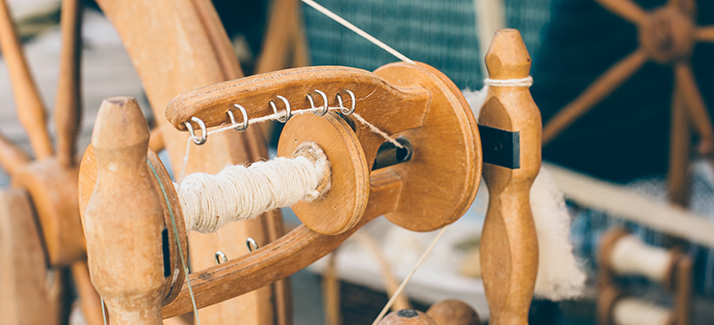Bamboo / Bamboo linen – Pulp of the bamboo plant. soft and lightweight. Bamboo is a type of grass that grows rapidly and high up on the eco-friendliness scale but this is not always true, understand what to look for.
Types of Bamboo Wool
Bamboo wool can be created mechanically or chemically which are extremely different:
Mechanically-processed – Bamboo linen (or bast fiber) made using the same process as hemp and flax.
Dew-retting is slower process, uses far less energy and water.
Look for organic option or dew-retting.
Chemically-processed – Dissolving fibers in a chemical mixture. The same process used to make viscose/rayon. Extremely toxic
Tencel /Monocel – Natural sustainable organic material, made from wood chips, beech and eucalyptus trees. FSC certified from natural thinning of forests and a by product from timber production.
These type of bamboo wool uses Lyocell process, a form of rayon but fewer toxic chemicals and has almost no waste byproducts.
Comments from the Federal trade commission USA:
When bamboo has been chemically processed into rayon and similar fabrics, there’s no trace of the original plant left. If your goal was to buy something eco-friendly, those toxic chemicals and the rayon fabric they produced are probably not what you had in mind.
Note: More sustainable than cotton depending on how it is processed.
Note: Avoid chemically-processed Bamboo
Note: Synthetic bamboo labeled as rayon / viscose
